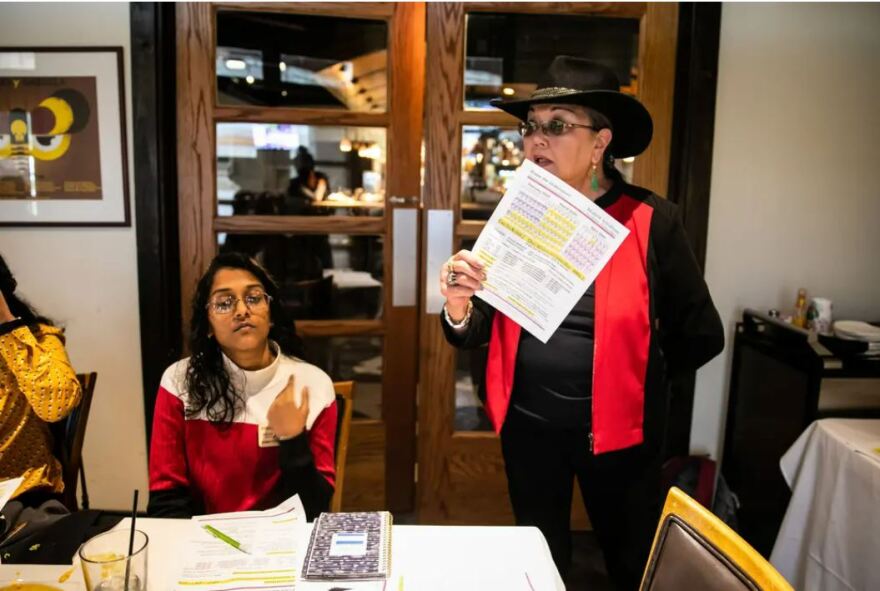Tripped up by politics and the pandemic — and with only a last-minute investment in promotion by the state — the 2020 census likely undercounted the Texas population by roughly 2%, the U.S. Census Bureau said Thursday.
The once-a-decade national count put Texas’ official population at 29,145,505 after it gained the most residents of any state in the last decade, earning two additional congressional seats. In a post-count analysis using survey results from households, the bureau estimated that the count for people living in Texas households — a slightly smaller population than the total population — failed to find more than half a million residents. That’s the equivalent of missing the entire populations of Lubbock, Laredo and then some.
The undercount means that many residents were missing from the data used by state lawmakers last year to redraw congressional and legislative districts to distribute political power. For the next decade, the undercount will also be baked into the data used by governments and industry to plan and provide for communities.
Texas is just one of six states that the bureau determined had a statistically significant undercount. The others were Arkansas, Florida, Illinois, Mississippi and Tennessee.
The census flows down to Texans’ daily lives, helping to determine the distribution of millions of dollars in funding and services. It plays a role in decisions on where grocery stores are built, how many dollars are needed to adequately fund early childhood programs, which roads are built or repaired and whether schools will be large enough.
The undercount follows state Republican leadership’s refusal ahead of the census to put significant funding toward chasing an accurate count, rejecting proposals by Democratic lawmakers to create a statewide outreach committee and set aside millions of dollars in grants for local outreach efforts.
Even as other states poured millions of dollars into census campaigns, Texas left local governments, nonprofits and even churches to try to reach the millions of Texans who fall into the categories of people that have been historically missed by the count — immigrants, people living in poverty and non-English speakers, to name a few.



